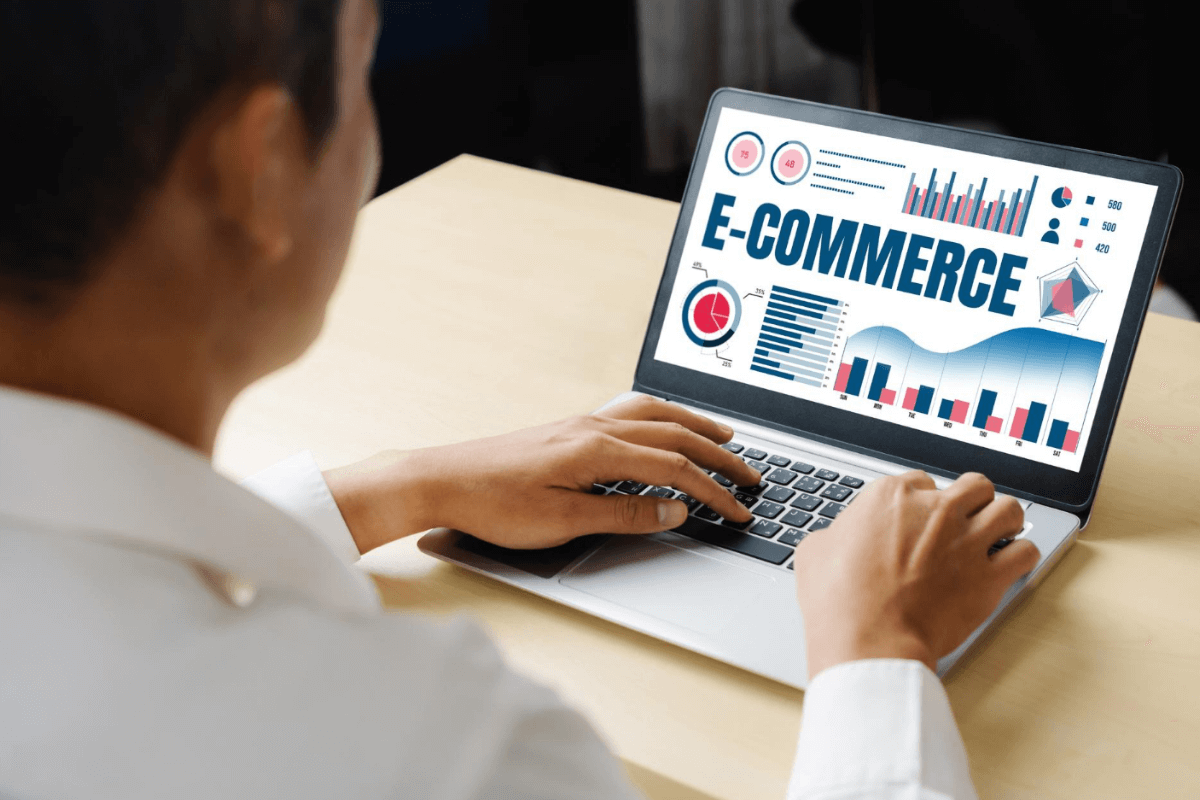
For e-commerce businesses, Google Ads can be a powerful tool for reaching customers and driving growth. Paid advertising is considered vital to success by 79% of marketers, with 80% of these companies using Google Ads for their pay-per-click (PPC) efforts. However, achieving a high return on investment (ROI) with Google Ads requires a strategic approach. This guide will explore strategies for maximizing ROI on Google Ads campaigns, with internal links to EvenDigit resources where applicable.
Understanding Google Ads and ROI
Google Ads can generate a high ROI if you use the right strategies. To improve your ROI on Google Ads, you must first calculate it to analyze campaign performance. The formula for calculating ROI is:
ROI = (Revenue – Cost) / Cost x 100%
For example, if your ads generated $20,000 in revenue and you spent $4,000 on ads, the ROI would be ($20,000 – $4,000) / $4,000 x 100% = 400%.
While ROI considers overall costs, Return on Ad Spend (ROAS) focuses on revenue generated from advertising compared to advertising costs. ROI provides a comprehensive view of profitability by including operational costs, cost of goods sold (COGS), distribution costs, non-advertising marketing expenses, and administrative costs.
Also Read: Boost Your Google Ads Campaign Success Through Effective A/B Testing
Strategies to Maximize Google Ads ROI
1. Clearly define business goals Google Ads works best when you clearly outline your business goals.
2. Set a realistic ad budget It is important to set a realistic ad budget for your Google Ads campaign.
3. Conduct keyword research Find relevant search terms your target audience uses by conducting keyword research.
4. Utilize targeting options Reach your ideal audience using demographics, locations, interests, and device targeting.
5. Utilize ad extensions Improve ad visibility and offer more information using ad extensions such as site links, callouts, and structured snippets.
6. Optimize landing pages Optimize landing page content for conversions.
7. Improve quality score Take steps to improve your quality score.
Google Shopping Ads
Google Shopping Ads offer a way for e-commerce businesses to reach customers ready to buy. Success lies in optimizing your product feed, leveraging advanced targeting techniques, and effectively managing your budget.
Integrate Google Merchant Center with Google Ads Setting up Google Shopping Ads starts with the Google Merchant Center, where you upload your product data. Ensure your product data is organized and accurate because this information will be pulled directly into your ads.
Read Blog: What Is A Good Click-Through Rate (CTR) and How to Improve It
Optimizing Google Search Ads for E-commerce
Running Google Search ads alongside Shopping ads is a solid strategy. To set up Google Search ads for e-commerce success, consider the following tips:
1. Structure your Google Ads account Replicate your navigation menu to set up e-commerce Shopping ads campaigns. If you’ve got a top-level page that includes a category of products (coats) and sub-categories that include brands (The North Face, Patagonia), it makes sense to have a shoe category and individual brand-specific ad groups within your Google Ads account. This makes budget control easy and helps with team management and reporting.
2. Deep link to best-sellers within text ads Direct customers to the best-selling products page rather than an individual category page. Set up text ads that deep link to a selection of your top-selling products and monitor which ads drive the most conversions. A smoother purchase journey for the customer helps improve your Google Quality Score.
Additional E-commerce Google Ads Strategies
Prioritize budget based on best sellers Identify your store’s best sellers and bid higher on those. Use historic data and Google Analytics to find best sellers, e-commerce conversion rates, and relevant ROAS/ROI metrics. Segment campaigns by profitability to use a more appropriate bid and bid strategy for higher-value products.
Harness Performance Max campaigns Leverage automation to drive conversions. Optimize ad performance through automated bidding and ad creation. Closely monitor performance and optimize ad placement by creating assets related to a certain theme or target audience. Also, ensure your Google Merchant Center feed is updated.
By following these strategies, e-commerce businesses can optimize their Google Ads campaigns and maximize their ROI.
EvenDigit
EvenDigit is an award-winning Digital Marketing agency, a brand owned by Softude (formerly Systematix Infotech) – A CMMI Level 5 Company. Softude creates leading-edge digital transformation solutions to help domain-leading businesses and innovative startups deliver to excel.
We are a team of 70+ enthusiastic millennials who are experienced, result-driven, and hard-wired digital marketers, and that collectively makes us EvenDigit. Read More




